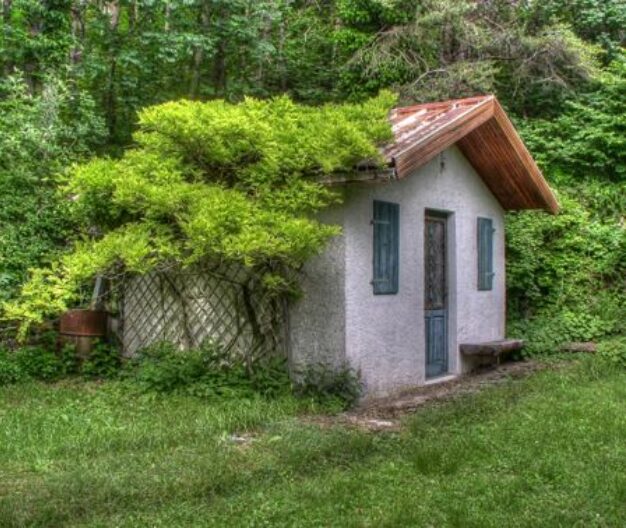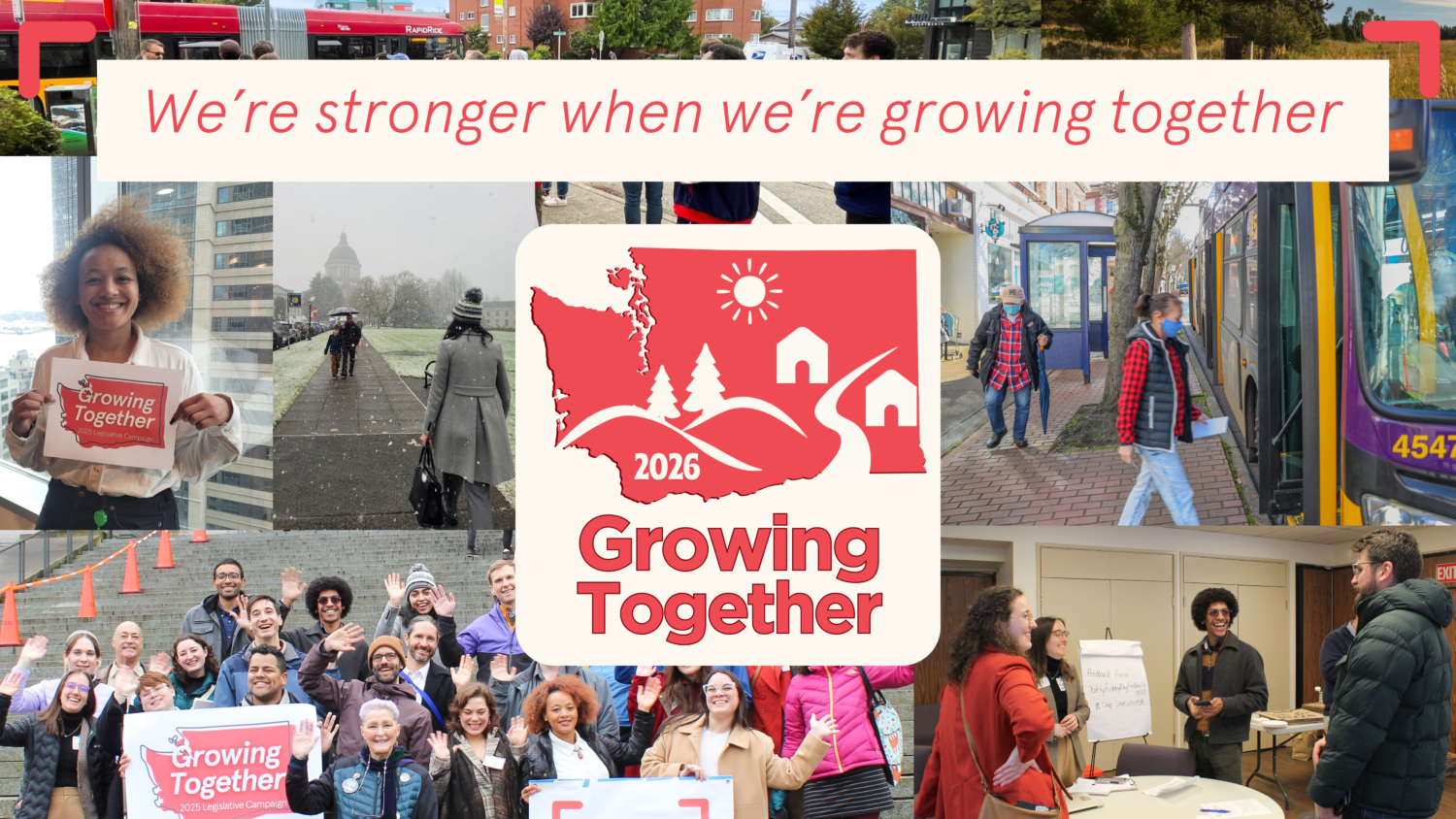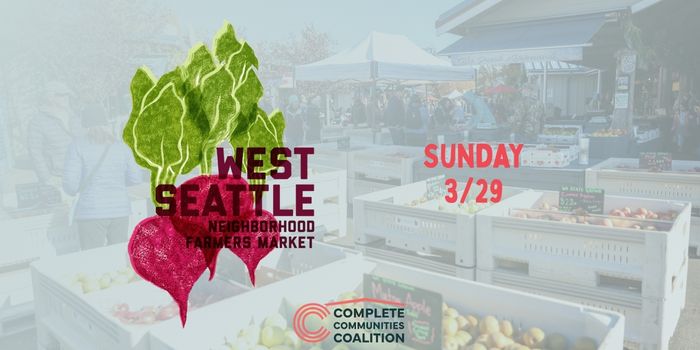Expanding Accessory Dwelling Units in Seattle
see the regulatory barriers on building Accessory Dwelling Units in Seattle easing. The current requirements have restricted the opportunity for current homeowners to provide new housing types within the limits of their current property – only about 580 units were built since 2010. According to the Draft Environmental Impact Statement (DEIS), the proposed changes will do nothing but improve the City’s livability by providing more housing options and assisting in meeting our commitments to lower housing costs.
Here’s what we’d like to see in a future ADU policy:
No off-street parking required. Removing the off-street parking requirement from the construction of ADUs will provide flexibility and lower the cost for owners wanting to construct an ADU. Removing parking minimums is an acknowledgement that as Seattle continues to become more livable, people will continue to have better access to multiple transportation options and frequent transit. This is especially true for the populations that tend to live in accessory units; elders, college-students and young families just starting-off.
No requirement for an owner to occupy the house, AADU or DADU. Regardless of whether or not the property owner is living on site, an accessory dwelling unit will have the same impact. By requiring the owner to occupy one of the dwellings, you are limiting opportunities to expand the housing stock in the city by placing unneeded regulations on property owners who want to assist in the solution to our affordable housing crisis.
Allow 2 additional feet for a DADUs maximum height to meet green roof standards. This change will provide more options for sustainable building; two additional feet of height allows for the constructions of thicker roofs needed accommodate green roof standards. This will help Seattle reduce harmful stormwater runoff, this is important as we add more impervious surfaces across the city.
Reduce predevelopment costs by 10 percent and provide education and support to homeowners. The time and cost of obtaining permits, surveys and utility hook-ups can be a barrier to property owners considering building ADUs. We support the City providing incentives to reduce the predevelopment cost of ADUs. Futurewise would like to see the addition of a pre-approved design catalog for property-owners to select from. We believe that the City of Seattle should create incentives and community supports that will significantly cut-down on the time and cost of building an accessory home. This should include education and outreach to homeowners on the process and benefits of building ADUs; such as providing additional income, helping-out family members, and/or giving more opportunity for aging in place.
Lots in single-family zones can have an AADU and a DADU, two DADUs or two AADUs. By allowing for one primary dwelling unit and two accessory units (regardless of if they are attached or detached) would provide more flexibility to owners who wish to construct accessory units. As the same size-limits would exist for the construction of accessory units, the type of ADU constructed would not change the impacts.
Up to 12 unrelated people can live on lots in single family zones. It’s the number of people living on any given lot that determines the degree of impact; not whether or not those individuals are related to one another. Occupancy limits should be set based on the given impact of individuals living on a lot; setting occupancy limits exclusively on people who are not legally related reducing the options and opportunities to meet the housing needs of the city.
Continue to expand the tree canopy across the city. The DEIS shows a minimal impact on tree canopy even with an increase in ADU production, but this is still an impact that detracts from the city’s goals of increasing tree canopy in the long-term. We would encourage the City of Seattle to continue to work towards increasing and expanding the tree canopy, especially within low-income and historically underserved communities. We support the update to the tree ordinance and look forward to collaborating with the City to increase and protect the tree canopy.
Futurewise has appreciated the opportunity to provide feedback and suggest changes that will further advance housing diversity and affordability in Seattle’s Single-Family Zones. We look forward to the city expanding on and including the above options in the Final Environmental Impact Statement.


